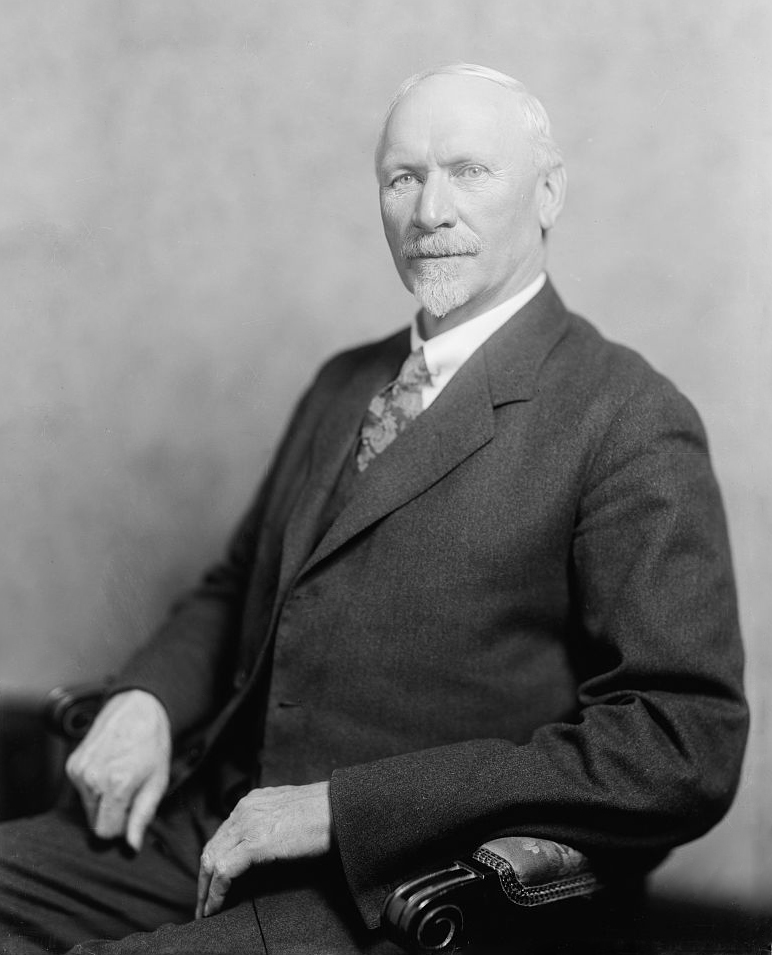Fonte: Holism and Evolution (1926), p. 342
Jan Smuts: Frases em inglês
As quoted by W. K. Hancock in SMUTS 2: The Fields of Force 1919-1950, p. 395
Smuts expounding a confrontation of opposites in his presidential address to the British Association in September 1931, as cited by W. K. Hancock in SMUTS 2: The Fields of Force 1919-1950, p. 232-234
“… the Jameson Raid was the real declaration of war.”
Smuts on the Second Boer War, as cited in Antony Lentin, 2010, Jan Smuts – Man of courage and vision ISBN 978-1-86842-390-3
On the rights embodied in the United Nations Charter of which he drafted the Preamble, as cited in Antony Lentin, 2010, Jan Smuts – Man of courage and vision, p. 144. ISBN 978-1-86842-390-3
As quoted by W. K. Hancock in SMUTS 2: The Fields of Force 1919-1950, p. 358
In June 1947, addressing the head committee of the United Party in Transvaal, cited by Tom MacDonald (1948) in Jan Hofmeyr: Heir to Smuts, p. 219
Smuts to C. P. Scott on the Treaty of Versailles, 26 June 1919, as cited in Antony Lentin, 2010, Jan Smuts – Man of courage and vision, p. xvi. ISBN 978-1-86842-390-3
Addressing the Canada Club in Ottawa on 29 June 1945, after the United Nations Charter was finalized, as quoted by Louise W. Holborn (ed., 1948) in War and Peace Aims of the United Nations, p. 719
When he unveiled the Mountain Club War Memorial at Maclear's Beacon on the summit of Table Mountain (1923), as cited by Alan Paton in his final essay, A Literary Remembrance, published posthumously in TIME, 25 April 1988, p. 106
To Princess Frederica of Greece, as cited by Doug Lennox in Now You Know Royalty, Monarchies in Action, p. 57
In November 1949, as quoted by W. K. Hancock in SMUTS 2: The Fields of Force 1919-1950, p. 520
Smuts in Memoirs of the Boer War, p. 151, as cited in Antony Lentin, 2010, Jan Smuts – Man of courage and vision, p. 15. ISBN 978-1-86842-390-3
At the conclusion of the North African Campaign in May 1943, as quoted by W. K. Hancock in SMUTS 2: The Fields of Force 1919-1950, p. 380
Fonte: Holism and Evolution (1926), p. 337
Smuts in a letter dated 8 January 1921, published in the New York Evening Post, 2 March 1921
From The League of Nations - A Practical Suggestion, 1918, pp. 37-38, as cited by W. K. Hancock in SMUTS 1: The Sanguine Years 1870-1919, p. 502
“History writes the word 'Reconciliation' over all her quarrels.”
Smuts to Alfred Milner (1905), as cited in Antony Lentin, 2010, Jan Smuts – Man of courage and vision ISBN 978-1-86842-390-3
Smuts to Mary Murray, wife of Gilbert Murray, on the Treaty of Versailles, 2 June 1919, as cited in Antony Lentin, 2010, Jan Smuts – Man of courage and vision, p. 106. ISBN 978-1-86842-390-3
As quoted by W. K. Hancock in SMUTS 2: The Fields of Force 1919-1950, p. 360
On "a post-war new world order" envisaged by the Allies during World War II, as cited in Antony Lentin, 2010, Jan Smuts – Man of courage and vision, p. 144. ISBN 978-1-86842-390-3
The League of Nations - A Practical Suggestion, C: The League and World-Peace, Hodder and Stoughton, 1918
When seeing off young South Africans in World War II, as cited in Antony Lentin, 2010, Jan Smuts – Man of courage and vision, p. 138. ISBN 978-1-86842-390-3
Foreword (dated 15 May 1950) to The Grasses & Pastures of South Africa, D. Meredith (ed.), 1954
In August 1946, as quoted by James Barber in South Africa in the Twentieth Century, p. 134
Smuts on the rebuilding of South Africa after the Boer War, in The Theory of Holism, 1940, p. 133
Smuts expounding the war proclamation of Wednesday, 6 September 1939, as quoted in South Africa at War: How she will help, Staffordshire Sentinel of 7 September 1939, p. 1
